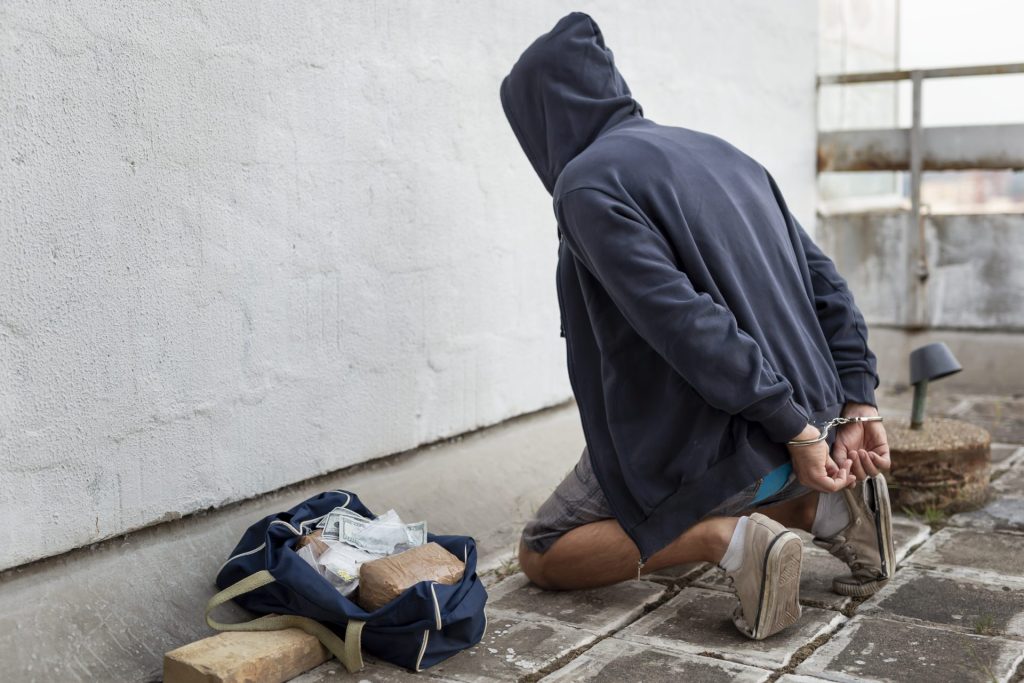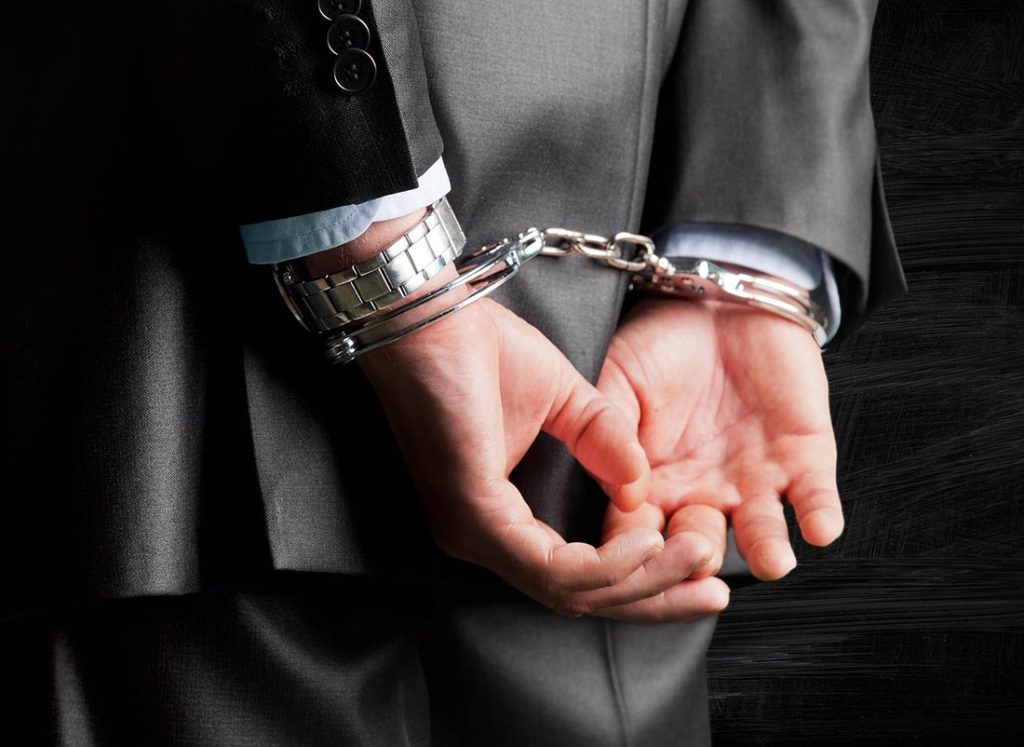Why is a Strong Defense Strategy Against Domestic Violence Allegations Essential?
All criminal charges are serious and can lead to life-disrupting legal ramifications, including fines and jail time. Under the Texas Penal Code, domestic assault charges can range from a Class C misdemeanor up to a felony charge of aggravated domestic assault, depending on the circumstances of the incident. Penalties for a conviction vary widely from fines of up to $500 for the lowest misdemeanor charges to two to ten years in prison for felony assault. The penalties escalate further if there are prior domestic violence convictions or if the assault involved strangulation.
Additionally, a domestic violence conviction can result in the loss of the ability to own or possess firearms. Your criminal record may also be challenging to expunge or seal, even if the judgment is deferred in your case. For individuals who are divorced or are in the process of getting divorced, a conviction for assault against a domestic partner or family member can have devastating impacts on the outcome of the divorce and your child custody arrangements.
The consequences of domestic violence charges can also extend far beyond the courtroom and cause harm to your reputation, job prospects, and relationships with friends and family. Unfortunately, some of these adverse effects can happen well before any trial and may even linger after charges have been dropped. The delicate and emotional nature of domestic violence cases makes it critical to present solid, convincing evidence to clear your name and regain your life. A knowledgeable Texas domestic violence defense attorney can evaluate your case and help you build the most robust defense possible to protect your freedom and your future.
What Role Can Evidence Play in Your Case?
Evidence plays a pivotal part in domestic violence cases. For the accused, gathering evidence to refute the allegations is essential. This can include:=
- Medical reports: Documentation of injuries on the accused or the lack of alleged injuries on the accuser may contradict claims of abuse. Doctors may also be able to refute the accuser’s version of how a physical injury occurred.
- Photographs: Images can show the absence of property damage or other harm claimed by the prosecution or self-defense injuries on the defendant that could support their testimony.
- Police reports: Official documentation may show inconsistencies in the accuser’s story or a lack of evidence at the time of the alleged incidents.
- Witness statements: It can be vital to have testimonies from people who saw what occurred and can vouch for the accused’s version of events. Witnesses can also testify to the nature of the relationship between the individuals, including past events or behaviors that could shed light on the current situation.
- Digital evidence: Screenshots of partial conversations and statements made by the accused, but taken out of context, can sometimes be used as prosecuting evidence. Providing more information through copies of texts, emails, and social media messages can disprove the allegations or offer more insight into the accuser’s motives or intentions.
How Can You Establish Credibility?
Credibility is a critical factor in domestic violence cases because these incidents frequently occur in private. The case’s outcome often hinges upon the believability of the accuser’s statements or the defendant’s denials. The defense may need to focus on inconsistencies or lack of substantiation in the accuser’s claims. Presenting a coherent and credible alternative narrative that explains the evidence and the accused’s actions is essential. This narrative might include context for any incidents that occurred, demonstrating that they do not constitute domestic violence under the law.
Remember that even your demeanor, appearance, and speech during the investigation and hearings may be scrutinized as evidence of your behavioral patterns. Offhand or impulsive statements made on social media or to friends after the incident could be detrimental to your cause. Consulting with an experienced defense lawyer early in the legal process can help you protect your rights and prevent any errors on your part that could damage your credibility and case.
What is the Value of Expert Testimony?
While it may not be necessary or appropriate in every situation, expert testimony can sometimes be invaluable. Jurors and judges may have misconceptions about domestic violence, so educating the court about the dynamics of the unique situation can be crucial. Experts in domestic violence, psychology, or forensic evidence can provide insights that challenge the prosecution’s narrative.
Professionals with specialized knowledge may be called upon by the defense to explain the absence of physical evidence, the possibility of self-inflicted injuries by the accuser, self-defense situations, or psychological factors that might lead to false accusations.
How Can a Skilled Domestic Violence Defense Lawyer Assist You?
When you are accused of domestic violence by someone close to you, whether they are a spouse, partner, family member, or roommate, it can be a frightening and stressful experience. In addition to facing legal troubles, you may be required to move out of your residence and be unable to see your children or other loved ones due to a protective order. The legal penalties and social stigma related to a domestic violence conviction can cause long-lasting challenges in your personal and professional life.
It can be important to seek the representation of a skilled criminal defense attorney to allow yourself the best possible chance at securing a positive outcome in your case. Our legal team at The Greening Law Group can investigate your case to determine the most appropriate defense strategies. We will represent you through every stage of the case, always advocating for your best interests and leveraging our resources for your defense. Contact our office today at 979-406-5756 to schedule a case evaluation and learn how we can put our extensive experience to work for you.










